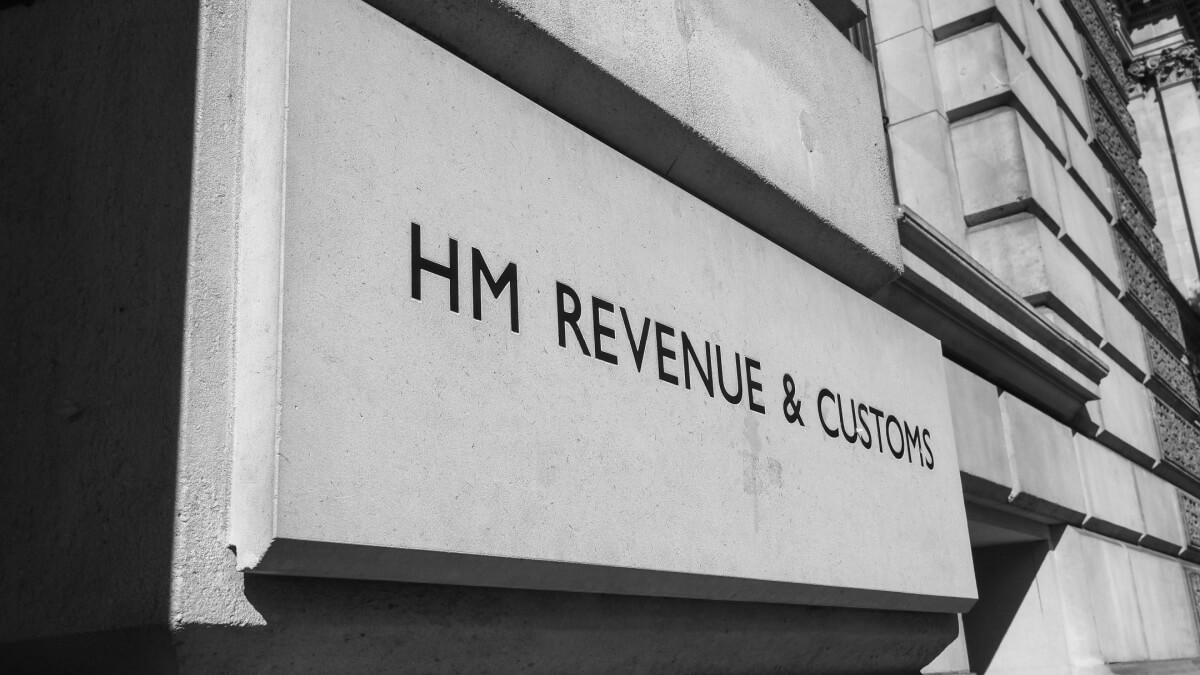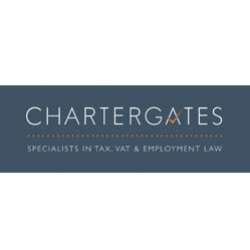A Court of Appeal judgment showing an "October 2025" publication date, on a case that centred on whether Travel & Subsistence (T&S) expenses could be deducted for tax purposes, might make umbrella contractors think a typo must have crept in.
After all, the T&S rules at the heart of the deductibility issue changed almost a decade ago, in 2016. And the case — Mainpay Ltd V The Commissioners for HMRC — relates to a period before those expenses rules even applied, writes Naseerah Mussa, a legal consultant at Chartergates.
Mainpay v HMRC at the CoA; a historic case with 2025 relevance
But this somewhat historic case, which may feel older to some because Mainpay previously fought it and lost at both the FTT and Upper Tribunal in late 2022 and mid-2024, respectively, contains some age-old wisdom.
For contractors, it emphasises the importance of checking out their umbrella thoroughly, including any paperwork and contracts, and for umbrella companies, it emphasises the importance of understanding the content of contracts and taking tailored professional advice.
Three wins in a row for HMRC
Moreover, the CoA's ruling in 'Mainpay' — representing the third court ruling in a row in HMRC's favour — might even have a bearing on a few current and upcoming UT appeals.
And it sets up JSL legislation from April 2026 rather nicely, too.
That's not bad relevance for a case that contains HMRC determinations dating back to the year ending April 5th 2010; some 15 years ago.
What is 'Mainpay Ltd V HMRC'?
Mainpay, an umbrella company, claimed that its workers were employed under a single overarching contract, i.e., linking each assignment undertaken by a worker under one single employment contract.
At the CoA (but also before at both the FTT and UT), HMRC argued that each assignment was a separate employment, each with a 'permanent workplace,' meaning that the reimbursement of travel expenses was taxable.
The Court of Appeal has now ruled that, without an overarching contract of employment, each assignment was correctly considered a separate employment, making the workplaces 'permanent' and the expenses not deductible for tax and NICs.
Mainpay Ltd had three grounds of appeal at the Court of Appeal (CoA)
The three grounds of appeal, lodged by Mainpay to the CoA, were as follows:
Appeal Ground 1: Nature of employment
The first ground of appeal was that the FTT and the UT applied the wrong legal test when deciding whether two discontinuous periods of work, both acknowledged as amounts of employment, should be treated as part of the same employment or as separate employments for tax purposes.
This ground questioned whether, in law, multiple periods of work under a single contract with gaps in between could constitute a single, ongoing employment, or if each period should be treated separately.
The CoA rejected this questioning, holding that such an arrangement could not constitute a continuing contract of employment since no contract of employment existed during the intervals between assignments.
Appeal Ground 2: Deductible expenditure
The second ground of appeal claimed that the FTT erred in ruling that, where an employee incurs some expenditure, the employer may not use a reasonable estimate in calculating the relevant deduction for tax purposes — and the UT erred in upholding that approach.
In other words, Mainpay asserted that, absent a formal dispensation, it ought to be permissible to claim tax deductions for expenses on a reasonable estimated basis rather than requiring strict evidence of every expense.
Appeal Ground 3: Carelessness and loss of tax
The third ground of appeal was that the FTT and the UT used the incorrect legal test to determine whether Mainpay's carelessness brought about a loss of tax.
This third ground focused on whether the tribunals properly applied the necessary causation test — that is, whether the loss of tax was in fact caused by any carelessness on Mainpay's part, and whether the correct legal standard for this causal link was used.
The CoA found that the loss of tax was a direct result of Mainpay's carelessness.
And that carelessness on Mainpay's part arose from its reliance on "vague assurances" from its employment law advisers concerning the complex issue of expenses.
The importance of seeking good advice just got underlined
As a result, the CoA found that Mainpay's carelessness in not ensuring their contracts were overarching led to a loss of tax, which allowed HMRC to extend the time limit for tax assessments from four to six years.
To us (a law firm specialising in employment law), the appeal court's finding highlights the potential consequences of failing to take "reasonable care" in tax matters, including extended liability periods and additional tax assessments.
Therefore, the Court of Appeal judgment emphasises the need for companies to seek comprehensive legal and tax advice.
Did Mainpay take professional advice?
Mainpay relied on advice from Mishcon de Reya — advice which was deemed insufficient as it did not address the specific tax implications of their contracts.
Moreover, the advice that the umbrella company sought was vague and not from an adviser who had expertise in the particular area that Mainpay required.
So, companies should ensure that their advisers are fully informed and capable of providing detailed guidance on both legal and tax matters.
Contractual matters matter
The judgment in HMRC's favour also highlights the importance of understanding the nature and content of contracts, particularly for umbrella companies like Mainpay.
The CoA found that Mainpay's contracts with its workers were not overarching contracts of employment, which affected the tax treatment of contractors' expenses.
This decision underscores the necessity for companies to ensure that their contracts clearly define the employment relationship, especially in terms of mutual obligations and control — as well as all other aspects that set out the rights and obligations between the parties.
Mainpay versus HMRC: main takeaways before more HMRC rules bite brollies
The current legislative position on many of the issues in Mainpay v HMRC at the Court of Appeal has changed significantly since the period at issue in the judgment. In fact, as alluded to at the top, the HMRC Regulation 80 determinations that hit Mainpay were for the years ending April 5th 2010 up to April 5th 2014, and the relevant rules changed shortly after.
However, this is still an informative case for umbrella arrangements, recruitment agencies, and even those who advise on employment status and expenses.
In particular, Mainpay at the CoA is an important reminder that both contractors and umbrella companies should ensure that their contracts are clear and compliant to avoid disputes with HMRC.
Implications of Mainpay Ltd's loss – a final thought
With new legislation affecting umbrella companies looming ('JSL' from April 2026), the Mainpay case underscores the importance of not only maintaining accurate records but also seeking detailed advice from tax and employment law specialists to prevent carelessness that could lead to tax liabilities, in addition to one, two or even three failed attempts in court trying to overturn them.




